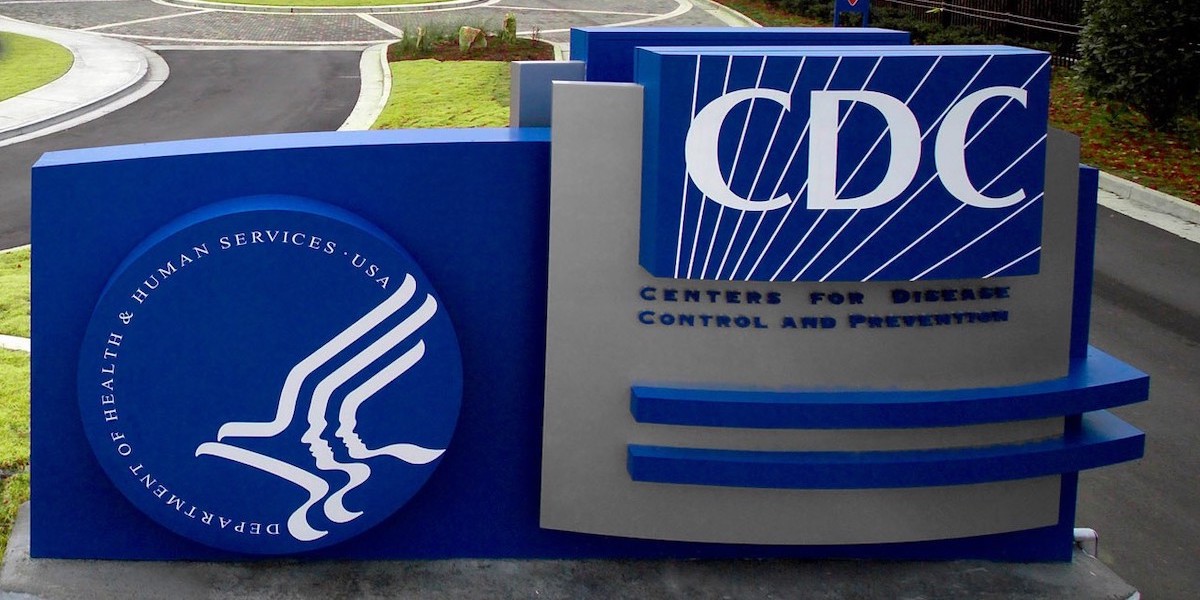Washington, D.C., March 18 – The Centers for Disease Control and Prevention (CDC) released new guidance on February 25th that reversed masking guidelines in areas with low rates of hospitalization, regardless of case numbers or whether individuals are vaccinated and boosted. In a letter to CDC Director Rochelle Walensky, advocates from more than one hundred national, state and local organizations expressed their deep concerns about the new guidance and its impact on disabled and marginalized populations. At the time of this publication, Director Walensky has not provided a response to the concerns stated in the joint advocacy letter.
As the letter outlines, universal masking by the public dramatically decreases the spread of COVID-19 and is a layer of protection for everyone. Such guidelines increase safety for the most vulnerable populations, which include people with disabilities, older adults, those who are immunocompromised, and children under the age of five whom are ineligible for vaccines. According to data from the Bureau of Labor Statistics in 2021, a record of nearly 1.2 million adults with disabilities were added to our communities. Without policies aimed at protecting all Americans, the most vulnerable are put in a position of being responsible for their own safety from the virus.
One advocate, Elena Hung, does not have faith that the honor system will motivate individuals to continue masking. When speaking with Politico, Hung shared, “What’s so harmful about what the CDC is doing is their messaging: If you tell people you don’t have to wear masks, you can if you want to, no one is going to do it.” Hung is a parent of a daughter awaiting a kidney transplant and a co-founder of an advocacy group for chronically ill and disabled children, Little Lobbyists.
The early days of the pandemic provided some hope to many chronically ill and disabled Americans, as remote work options such as Zoom became standard for everyone. Now, as masking guidelines are going away, activists like Charis Hill are warning of the consequences. In an interview with NPR, Hill said that “normal has never been good for disabled people. And returning to the normal that we had pre-COVID would not be good for disabled people.”
“In order for people with disabilities, older adults, children, and individuals with chronic health conditions to safely participate in all aspects of community – including going to school, participating in worship, and receiving quality healthcare – masking guidelines should remain in place,” said Philip Kahn-Pauli, RespectAbility’s Policy and Practices Director.

Be First to Comment